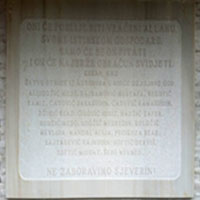Material reparations in proceedings for damages – The practice of courts in Serbia 2021 – 2022
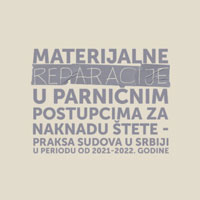
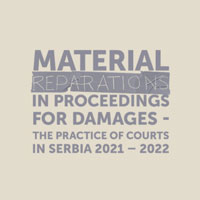 For a long time, the Humanitarian Law Center (HLC) has been publishing reports on the exercise of the right to compensation for victims of war crimes, through civil proceedings conducted before the courts in Serbia. The last such report covered the period from 2017 to 2020 and was presented to the public in 2021. This report covers the period from 2021 to the end of 2022.
For a long time, the Humanitarian Law Center (HLC) has been publishing reports on the exercise of the right to compensation for victims of war crimes, through civil proceedings conducted before the courts in Serbia. The last such report covered the period from 2017 to 2020 and was presented to the public in 2021. This report covers the period from 2021 to the end of 2022.
The obligation of the Republic of Serbia to provide redress to victims of human rights abuses, including in the form of adequate material reparations, remains unchanged. The harm inflicted on individuals and their family members implies the duty of the wrongdoer, the Republic of Serbia in this case, either to remove its harmful effects or to provide the victims with adequate redress. 30 years since the outbreak of the armed conflicts in the territory of the former Yugoslavia, the Republic of Serbia has not yet fully met this obligation. The political will to face and accept responsibility for past crimes and provide redress to all victims is still absent. As a result, the victims and their family members are forced to pursue their compensation claims through lengthy, costly and often uncertain civil litigation before the courts in Serbia.






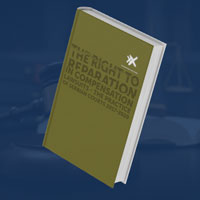
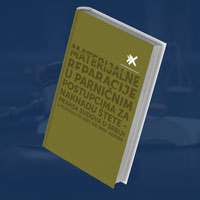
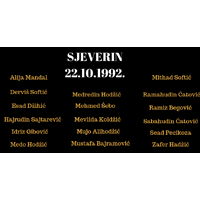


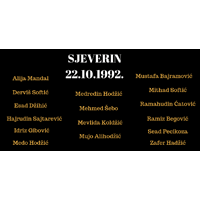
 Today we mark the 26th anniversary of the abduction and killing of 17 citizens of Serbia of Bosniak nationality from Sjeverin near Priboj, who were taken captive by members of the Republika Srpska Army (VRS) during the conflict in Bosnia and Herzegovina (BiH). The Humanitarian Law Center (HLC), the Sandžak Committee for the Protection of Human Rights and Freedoms (Sandžak Committee) and Women in Black wish to remind the public that the long-standing search by the families for the mortal remains of the victims has not yet ended, and that it is unacceptable that the institutions of Serbia, even after 26 years, still persist in refusing to provide victims’ families with fair compensation, support and recognition.
Today we mark the 26th anniversary of the abduction and killing of 17 citizens of Serbia of Bosniak nationality from Sjeverin near Priboj, who were taken captive by members of the Republika Srpska Army (VRS) during the conflict in Bosnia and Herzegovina (BiH). The Humanitarian Law Center (HLC), the Sandžak Committee for the Protection of Human Rights and Freedoms (Sandžak Committee) and Women in Black wish to remind the public that the long-standing search by the families for the mortal remains of the victims has not yet ended, and that it is unacceptable that the institutions of Serbia, even after 26 years, still persist in refusing to provide victims’ families with fair compensation, support and recognition.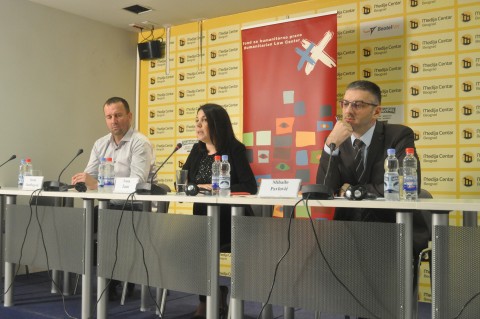

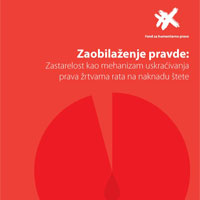
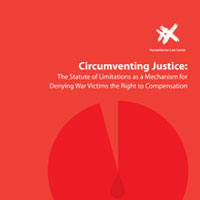

 On 25-26 March 2018, the Global Initiative for Justice, Truth and Reconciliation (GIJTR), of which the Humanitarian Law Center is a member, organized the Global Reparations Summit in Belgrade, Serbia.
On 25-26 March 2018, the Global Initiative for Justice, Truth and Reconciliation (GIJTR), of which the Humanitarian Law Center is a member, organized the Global Reparations Summit in Belgrade, Serbia. 

